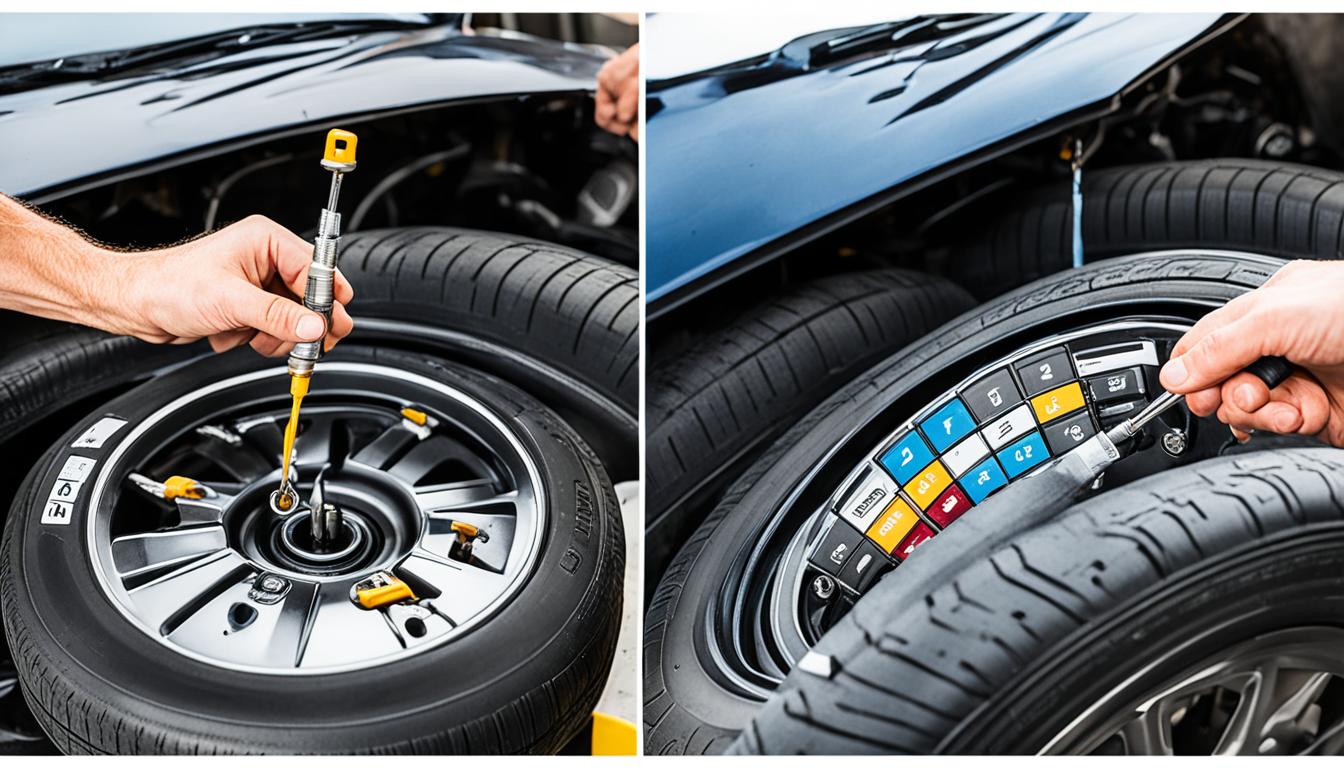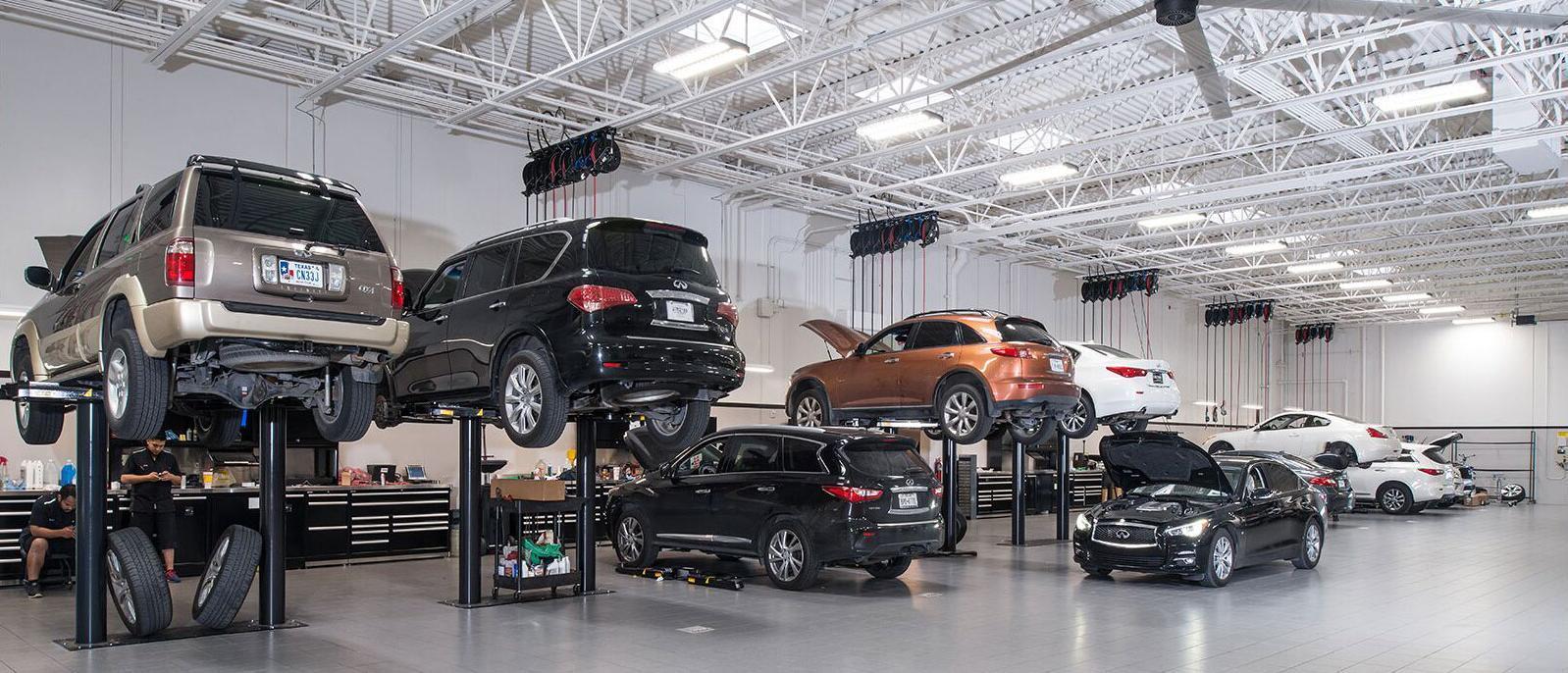All Categories
Featured
Regular upkeep and timely repair work can extend the life of your transmission and save you from costly repair services down the line. Here's what you need to know regarding transmission fixings and maintenance.
If the transmission liquid is dirty or reduced, it can trigger the transmission to get too hot, leading to significant damage. On a regular basis checking your transmission liquid levels and altering it according to your car's maker suggestions is a simple yet important step in preserving a healthy and balanced transmission.
Sliding Gears: If the transmission suddenly unclothes gear or struggles to shift efficiently, it's an indication that the system might need interest. Sliding equipments can be triggered by low liquid degrees or inner damages.
Uncommon Sounds: Grinding, whining, or clunking sounds when changing equipments or driving might suggest troubles within the transmission system, such as worn-out equipments or various other mechanical failings.
Delayed Moving: A recognizable delay in moving equipments, particularly when decelerating or accelerating, can be a sign of problems with the transmission fluid, control valve, or solenoids.
Fluid Leaks: Transmission liquid leakages are usually the result of worn seals, gaskets, or cracks in the transmission. If you observe bright red or brownish spots under your car, this could be an indication of a liquid leakage that requires interest.
Cautioning Lights: If your automobile's control panel caution lights for the transmission or engine begin, it's essential to get your lorry inspected immediately. The onboard diagnostic system might find problems like low liquid, overheating, or inner element failing.
![]()
Normal Fluid Adjustments: Changing the transmission fluid is one of the most crucial upkeep tasks. Old liquid can come to be infected with steel fragments and various other particles, which can damage the inner parts of the transmission. Follow your vehicle's handbook for suggested periods for fluid changes.
![]()
Inspect Liquid Levels: Make Sure that the fluid is at the right level by examining it frequently. Low liquid can trigger slipping, overheating, and irregular moving. Top it off with the recommended kind of transmission liquid. if the liquid degree is low.
Transmission Filter Substitute: The transmission filter assists maintain contaminants from going into the transmission fluid. A clogged up filter can limit liquid flow, causing the transmission to overheat. Changing the filter as suggested by the producer makes sure appropriate fluid flow and cooling.
Stay Clear Of Getting too hot: Transmission overheating is a common source of failing. Avoid heavy towing, extreme idling, or driving in stop-and-go web traffic for extended periods, which can emphasize the transmission. In addition, guarantee your radiator and air conditioning system are working effectively.
A reconstruct entails dismantling the transmission, changing used components, and reassembling it, frequently at a reduced expense than a full replacement. On the other hand, changing the transmission implies mounting a new or remanufactured system. While this can be expensive, it can provide a longer-lasting solution.
Consulting with an experienced professional will assist you identify one of the most cost-effective remedy based upon the degree of the damage.
Additionally, many repair service shops offer guarantees on transmission repairs, which offers you assurance understanding that your transmission will be covered if problems emerge after the solution.
Final thought. Regular upkeep, such as fluid checks and prompt repair services, is crucial to keeping your transmission working properly and preventing expensive break downs. If you observe any kind of indications of trouble, do not think twice to obtain your transmission checked. By remaining proactive with your transmission care, you can enjoy smoother driving and avoid major problems down the roadway. Select a trusted auto mechanic for your transmission repair work to ensure your vehicle remains in ideal condition for many years to come.
- The Relevance of Transmission Fluid. Transmission fluid is vital for the proper performance of the transmission system. One of the most vital aspects of transmission maintenance is ensuring the fluid is at the correct level and in good condition.
If the transmission liquid is dirty or reduced, it can trigger the transmission to get too hot, leading to significant damage. On a regular basis checking your transmission liquid levels and altering it according to your car's maker suggestions is a simple yet important step in preserving a healthy and balanced transmission.
- Signs of Transmission Troubles. Transmission problems can show up in different ways. Having the ability to identify the early indications of transmission trouble can assist you resolve the problem before it rises. Usual signs include:
Sliding Gears: If the transmission suddenly unclothes gear or struggles to shift efficiently, it's an indication that the system might need interest. Sliding equipments can be triggered by low liquid degrees or inner damages.
Uncommon Sounds: Grinding, whining, or clunking sounds when changing equipments or driving might suggest troubles within the transmission system, such as worn-out equipments or various other mechanical failings.
Delayed Moving: A recognizable delay in moving equipments, particularly when decelerating or accelerating, can be a sign of problems with the transmission fluid, control valve, or solenoids.
Fluid Leaks: Transmission liquid leakages are usually the result of worn seals, gaskets, or cracks in the transmission. If you observe bright red or brownish spots under your car, this could be an indication of a liquid leakage that requires interest.
Cautioning Lights: If your automobile's control panel caution lights for the transmission or engine begin, it's essential to get your lorry inspected immediately. The onboard diagnostic system might find problems like low liquid, overheating, or inner element failing.

- Preventative Maintenance for Your Transmission. Preventative upkeep is the key to avoiding pricey transmission fixings. Right here are a couple of essential jobs that can maintain your transmission running smoothly:
Normal Fluid Adjustments: Changing the transmission fluid is one of the most crucial upkeep tasks. Old liquid can come to be infected with steel fragments and various other particles, which can damage the inner parts of the transmission. Follow your vehicle's handbook for suggested periods for fluid changes.

Inspect Liquid Levels: Make Sure that the fluid is at the right level by examining it frequently. Low liquid can trigger slipping, overheating, and irregular moving. Top it off with the recommended kind of transmission liquid. if the liquid degree is low.
Transmission Filter Substitute: The transmission filter assists maintain contaminants from going into the transmission fluid. A clogged up filter can limit liquid flow, causing the transmission to overheat. Changing the filter as suggested by the producer makes sure appropriate fluid flow and cooling.
Stay Clear Of Getting too hot: Transmission overheating is a common source of failing. Avoid heavy towing, extreme idling, or driving in stop-and-go web traffic for extended periods, which can emphasize the transmission. In addition, guarantee your radiator and air conditioning system are working effectively.
- Transmission Fixes: Repair Service or Change? When transmission concerns occur, you'll face the choice of whether to replace the transmission or fix. Minor fixings, such as repairing fluid leaks or changing sensors, are usually extra economical. If the transmission has significant damages or wear, you might need to consider a reconstruct or complete replacement.
A reconstruct entails dismantling the transmission, changing used components, and reassembling it, frequently at a reduced expense than a full replacement. On the other hand, changing the transmission implies mounting a new or remanufactured system. While this can be expensive, it can provide a longer-lasting solution.
Consulting with an experienced professional will assist you identify one of the most cost-effective remedy based upon the degree of the damage.
- Picking a Reliable Repair Work Store. Transmission repair service is a specific work, and it's necessary to locate a certified mechanic who understands the complexities of the transmission system. Look for an auto service center with certified technicians who have experience collaborating with your car's make and version. A respectable shop will certainly make use of innovative diagnostic devices to identify the concern precisely and give a quote for repair expenses.
Additionally, many repair service shops offer guarantees on transmission repairs, which offers you assurance understanding that your transmission will be covered if problems emerge after the solution.
- The Cost of Transmission Services. The cost of transmission repair services can vary widely, relying on the nature of the issue and the kind of car you drive. Basic solutions, such as changing seals or fluid, might cost a couple of hundred dollars, while significant repairs or a full replacement can face the thousands. While transmission repair services can be costly, addressing the trouble early can conserve you from even greater prices if the issue aggravates.
Final thought. Regular upkeep, such as fluid checks and prompt repair services, is crucial to keeping your transmission working properly and preventing expensive break downs. If you observe any kind of indications of trouble, do not think twice to obtain your transmission checked. By remaining proactive with your transmission care, you can enjoy smoother driving and avoid major problems down the roadway. Select a trusted auto mechanic for your transmission repair work to ensure your vehicle remains in ideal condition for many years to come.
Latest Posts
Laminate Floor Covering: Style Satisfies Durability at Carpet Interiors Floor & Home
Published Apr 19, 25
2 min read
Your Neighborhood Flooring Professionals in Orland Park, IL
Published Apr 19, 25
1 min read
Full Circle Strategic Marketing - Crush Google Rankings with Battle-Tested Search Engine Strategies
Published Apr 19, 25
2 min read
More
Latest Posts
Laminate Floor Covering: Style Satisfies Durability at Carpet Interiors Floor & Home
Published Apr 19, 25
2 min read
Your Neighborhood Flooring Professionals in Orland Park, IL
Published Apr 19, 25
1 min read
Full Circle Strategic Marketing - Crush Google Rankings with Battle-Tested Search Engine Strategies
Published Apr 19, 25
2 min read